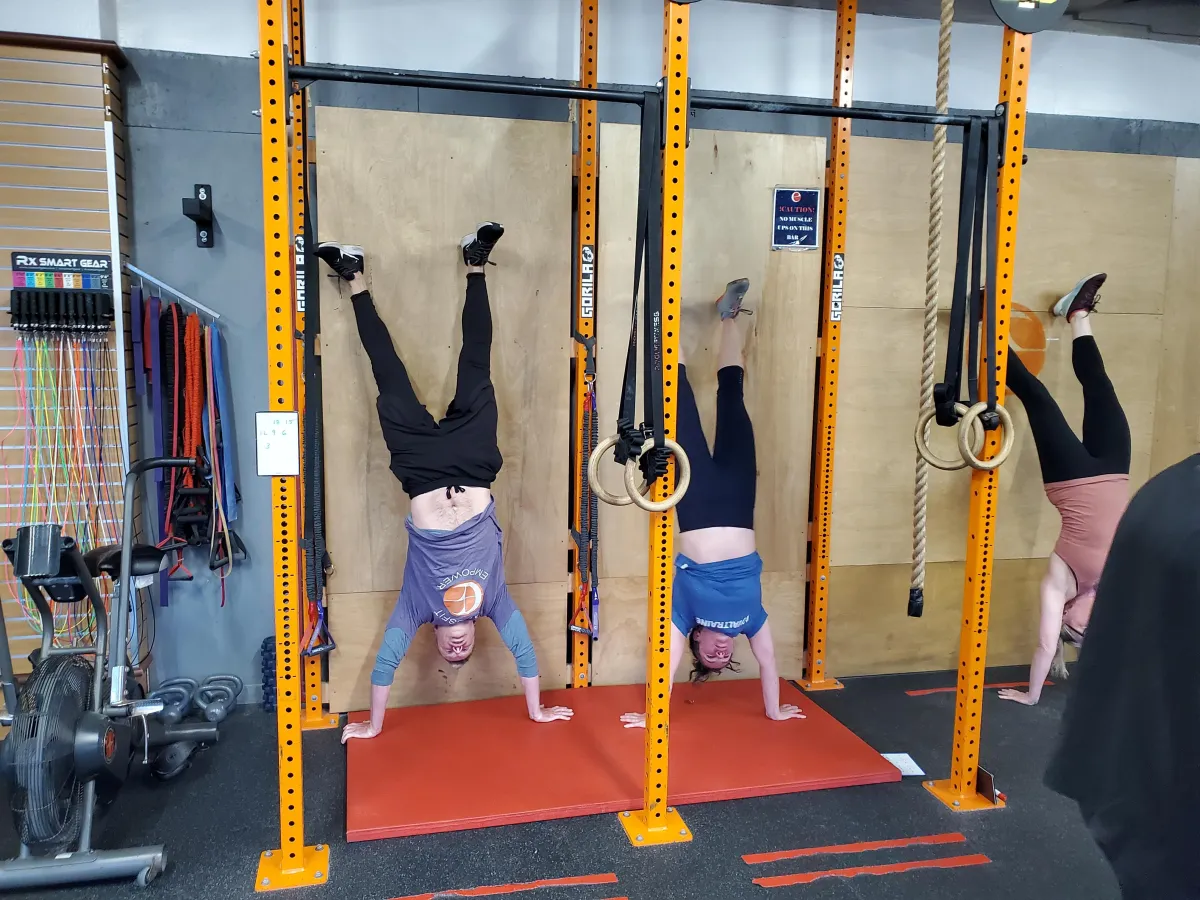
5 Tips for Healthy Brain Aging
Watching my father’s health struggles and the general metabolic derangement apparent in most of my family members impressed upon me the importance of exercise and nutrition from the perspective of living a qualitatively superior life relatively free from the discomfort of chronic disease. I want to enjoy the years I have not suffer through them. I may not love exercise but I love being healthy and strong. To me, each terrible workout is an investment that pays huge dividends!

“A healthy man wants a thousand things, a sick man wants only one.” - Naval Ravikant

More recently I have had the opportunity to witness my mother’s declining mental health. I’m sure there is a genetic component but she also exhibits most of the markers associated with metabolic derangement and lives in relative social isolation. No doubt these are contributing factors to her cognitive decline. In fact, we see a direct correlation between how she eats and how she functions. Being witness to her struggles has added another layer of resolve to my training regimen. If eating well and exercising offers the possibility of sparing me a similar outcome, I am all in. And if I can spare you the same, I would love to bring you along with me so we can all enjoy our later years together happy and healthy and clear of mind until our dying day.

So what are the secrets to keeping your brain healthy as you age?

Forget about sudoku and brain boosting games, nothing keeps your brain young and healthy as effectively as coordinative exercises. That is, physical skills requiring mental skill focus such as gymnastics, double unders, Olympic lifting, martial arts, dance, etc. Unlike cycling or running or rowing, these activities require significant neurological adaptation driving better brain health outcomes than exercises involving simple repetitive movements.

The importance here is novel stimuli. Routine is the enemy. You want activities that continuously force you to learn, leveraging the brain’s neuroplasticity to maintain a youthful, continuously adapting brain.

That’s not to say endurance sports aren’t good for your brain too. Vascular health means better brain health so anything that increases your heart rate and blood flow stimulates and nourishes the brain. If your options were to sit down and solve a difficult crossword puzzle or go out for a ten minute run, the run would be the healthier brain choice by a mile!

But strength training is also important for brain health. In general it has been observed that bigger muscles equal less dementia! So next time you’re loading up your barbell, remember, you are about to pump up your brain.

You know what else is critical for brain health? Meaningful social engagement. Social isolation is a major factor associated with brain atrophy. So when you can, get your exercise in a group setting!

To summarize:
A healthy brain needs exercise that
1) Elevates your heart rate
2) Builds muscular strength
3) Involves complex motor skills that impose significant neurological demands
4) Offers constantly varied physical challenges
5) All this should be done in an engaging social setting with lots of interpersonal interaction.
Sound like any fitness program you know?

Friday
1) Empower Reset #38
1 min Breathing
30/30 sec Head Nods/Rotations
2 rounds (1 min each)
Deadbugs
Shoulder Bridges
Windshield Wipers
Hip Escapes
Rocking Chair
Back Breakfalls
Side Breakfalls
Upper Body Half Rolls
Lower Body Half Rolls
Shin Box Side-to-side
Shin Box get ups
Get Ups
3x Each:
Forward Rolls
Forward Rolls over horse
Backward breakfalls from horse
Side Breakfalls from standing
2) Doctor’s Orders
30 min AMRAP
1 Pull Up
1 Ring Dip
1 V-Up
1 Push Up
1 Medball Get Up @20/30#
1 Medball Clean @20/30#
400m Medball Carry @20/30#
*Each Round add one rep to each movement
3) 5 Rounds:
250/300m Row
10 Deadlifts
4) 20 Shoulder Press @95/135#
200m DB Farmer's Carry @35/50#
30 Push Press @95/135#
200m DB Farmer's Carry @35/50#
40 Push Jerk @95/135#
200m DB Farmer's Carry @35/50#
